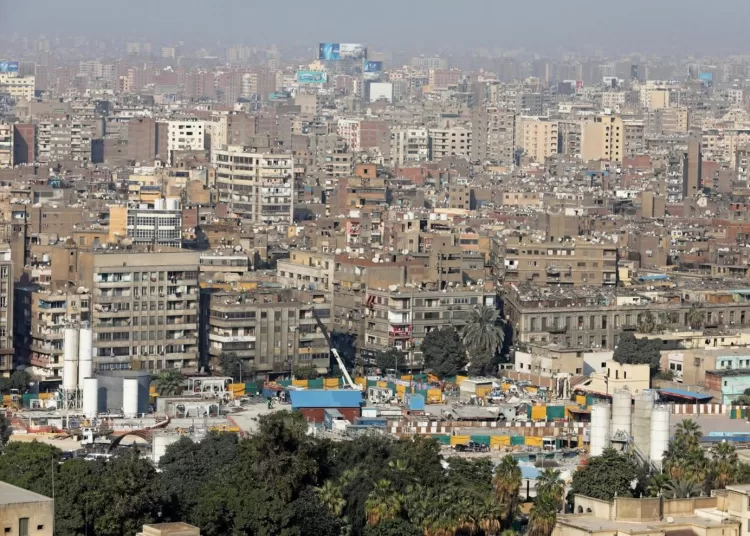Egypt’s residential sector saw a strong start during the first quarter (Q1) of 2024, as construction and handovers progressed at full swing. The completion of over 7,000 units, mainly within master-planned developments, contributed to a total residential stock of roughly 276,000 units, according to data from real estate research agency JLL.
Nearly 24,000 units are scheduled for completion over the remainder of 2024. Moreover, the beginning of the year witnessed multiple developers initiating new project launches and expansion plans.
“These announcements primarily focused on New Cairo and its east expansion, featuring projects such as “At East” by Al-Ahly Sabbour in Mostakbal City and “The Crest” by IL Cazar Developments in New Cairo,” revealed a JLL report, a copy of which was made available to The Egyptian Gazette.
The JLL report said the recent currency devaluation was expected and long-awaited, thus resulting in a less severe impact on the overall market.
“Instead,it [the devaluation] provided contractors and developers with a sense of stability and a clearer vision in terms of pricing and strategy, as they were initially quoting selling prices based on speculations on future exchange rates. However, the recent hike in the interest rate by 600 basis points and the soaring inflation have caused some buyers to adopt a more cautious approach,” it said.
Given the nature of Cairo’s secondary market, along with the macroeconomic conditions and changes in monetary policies,2024 Q1 witnessed an unprecedented surge in sales prices.
In6th October, prices skyrocketed by nearly 83 per cent on an annual basis, while in New Cairo, the increase reached a staggering95 per cent. Similarly, rental rates have experienced a sharp increase,growing by around 42 per cent and 43 per cent annually in 6th October and New Cairo, respectively, according to the JLL report.
However, unlike the sales market, this increase is somewhat in line with the current inflation rate in the country, and it is also spurred by people choosing to rent properties due to affordability constraints.
Ahead of the currency liberation on March 6, Egypt secured its largest-ever foreign direct investment (FDI) deal, injecting $24billion into the market and offsetting $11 billion of debt in a local currency payout for the Ras El-Hekma deal with the United Arab Emirates.
Moreover, Egypt secured over $20 billion from international institutions and development partners to support its economic reform programme. This is a significant milestone for the country, as it expects to further soften its financial burdens and position Egypt as an appealing destination for future investments.






Discussion about this post